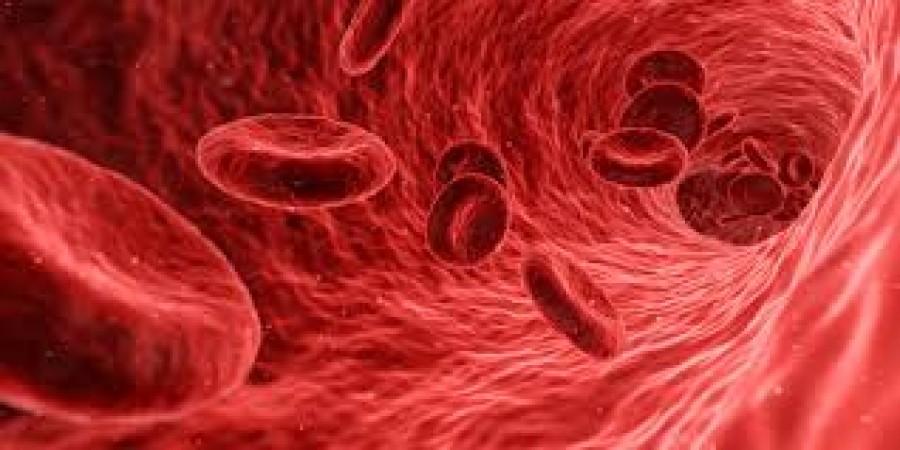
The human body is a complex network of organs, tissues, and systems, each with its own specialized functions. Among these, blood plays a crucial role in transporting oxygen, nutrients, hormones, and waste products throughout the body. However, there is one part of the body where blood is notably absent: the cornea.
The cornea is the clear, dome-shaped surface that covers the front of the eye, acting as a protective barrier. It plays a vital role in focusing light that enters the eye, contributing to clear vision. Unlike other parts of the body, the cornea is avascular, meaning it lacks blood vessels.
The absence of blood vessels in the cornea serves several essential functions:
While the avascular nature of the cornea is essential for maintaining vision, it also makes the cornea susceptible to certain disorders, including:
While blood is essential for sustaining life and maintaining the health of most tissues in the body, the cornea stands out as a remarkable exception. Its avascular nature allows for optimal visual function by ensuring transparency and minimizing immune responses. Understanding the unique characteristics of the cornea is crucial for preserving vision and effectively managing corneal disorders.
Madhuri Dixit gave major fashion goals in black and white saree, getting a lot of praise
Taapsee Pannu Ties the Knot: A Peek Into Her Punjabi Wedding Bliss
Priyanka Chopra Jonas Joins Barry Avrich's Documentary 'Born Hungry' as Producer